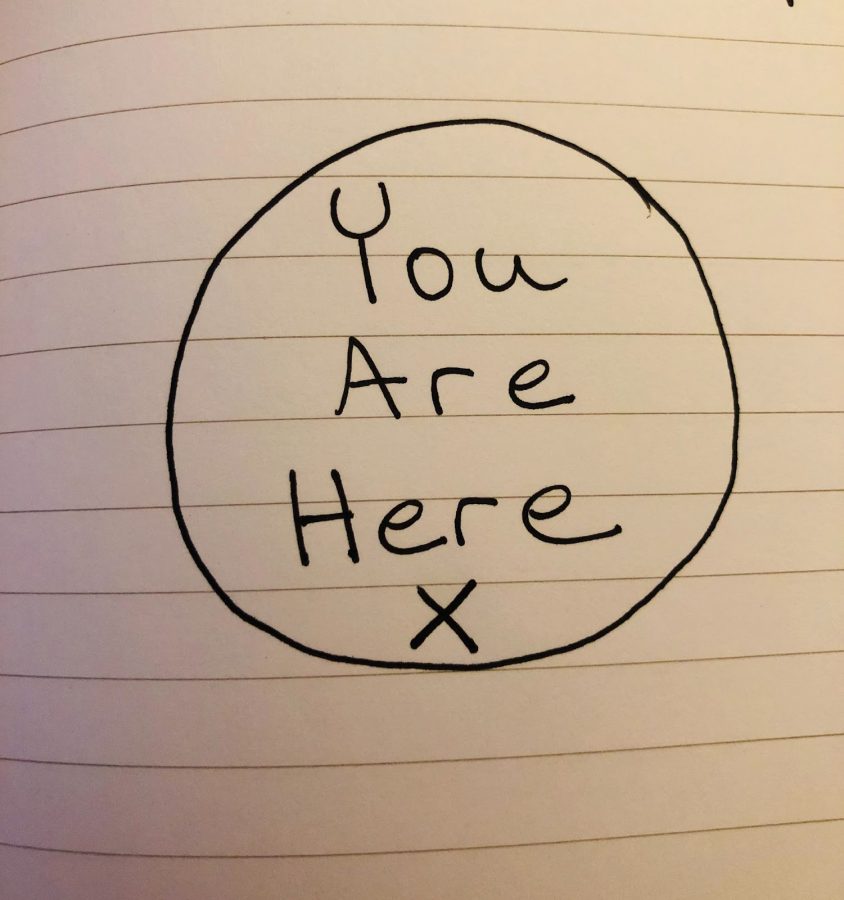I was accepted into a program to join the UN as a student, it’s starting now and it will go on for a few more weeks. In the first two classes, I understood that in general, opinions transition in a very volatile way. On one hand, we don’t understand either political or capitalistic power enough — particularly amongst conspiracy theory people, we can range from Alien invasion to Bollywood in a few months. Jokes aside, the idea that forms an opinion can most certainly be geared in the right direction — but, in general, the forming of the concept of the opinion has a lot of disinformation attached to it.
When thinking of a new system I came to two stop signs:
- In an ideal, crime-free world, there is no need for police. In the current world, there is a need for the existence of groups of people who protect the better and good form of the human condition.
- Politics exist so we have a say, in fact, “public opinion” often tends to represent the best for us all. What is said, for example, in a room with 5 to 6 people, can often be translated into what is considered a “new state” or “form” of the initial personal opinions. In this case, politics hence exist so we understand our “group work” as a society. Even if you are for or against globalization, you’re not against traveling and knowing the world around you. But you can be against the over-development of urbanized centers, which is fine and actually common sense.
So a new system needs to be communal first — to understand communities we need to understand the baseline of poverty, which is lack of access. Then, by individual empowerment, we can reach a conclusion of growth through healthy personal development.
What are needs? Needs come from the need to live, so food, water, and healthy essentials are the base, from there on out it can be volatile, women need certain things that men don’t, and children are individuals so they need other things, dogs and cats and even birds and insects will need different things. The way ecology works in this sense can bring economic growth through creativity and regeneration of social ecology.

Small cities have different needs than smaller communities and larger cities. A small city might just need one or two buses, one or two gas stops, and so forth. But, in general, they are centers of meeting ground for the surrounding communities, so cultural events are essential all year round. The largest difficulty in this sense is the issue of agriculture — how to maintain forests and protect economic growth in a mostly rural setting? To “bring back” the agricultural revolution would be to start from scratch and relearn mistakes, so in my humble opinion the idea would be to transform the mechanisms of survival — we do have supermarkets now, and we do have ways to consume more intelligently. Open-access fridges or pantries support local communities with less access to essentials — toilet paper, detergents, so forth.
The forming of opinion comes from good sense and common sense — meaning, what’s good and common to us all.
Obviously, when speaking in situations like assisted suicide, we want to think of people who become so despondent of their will to live that they aren’t thinking about solutions to their worldly problems — even sometimes with money to live and a roof and people who love them. The issues are not always bound to the one-size-fits-all approach, but most often than not, by trusting in the ever-so-neglecting society. We tend to trust more in a society that neglects the well-being of all, than the communal issues of being close to one another and finding ourselves supporting the best of the best in us all.
When we start to think about our ideas vs our utopias, whatever that may be, we tend to nonchalantly say “everyone is entitled to their utopias” — like the idea of a utopia is so far reached that it’s impossible to break free from the shackles of what binds us to feel idiotic and less-then.
“You don’t know what you don’t know” is often true and impossible to escape.
But often, understanding and accepting the “I don’t know” brings wonderful surprises.
Zen Buddhism has a way of the Tao — do not try. Just be, be yourself, and strive to be better, and the world around you transforms. It’s a universal ground rule. Sometimes what we feel detrimental to our causes are often blessings in disguise.
I remember sitting after a major meltdown, just sitting there thinking something was terribly over. But that ending was not a bad thing, not would other endings be. The idea that something is over is sometimes so disruptive that we don’t know how to act — so in Zen Buddhism, we don’t.
I was for a long time, a “Spiritual Gandhi”, hit me with all your might that I would survive. I left the game of being hit for no reason to be loving and caring towards myself — it’s not really a conflict if you’re not a part of it.



